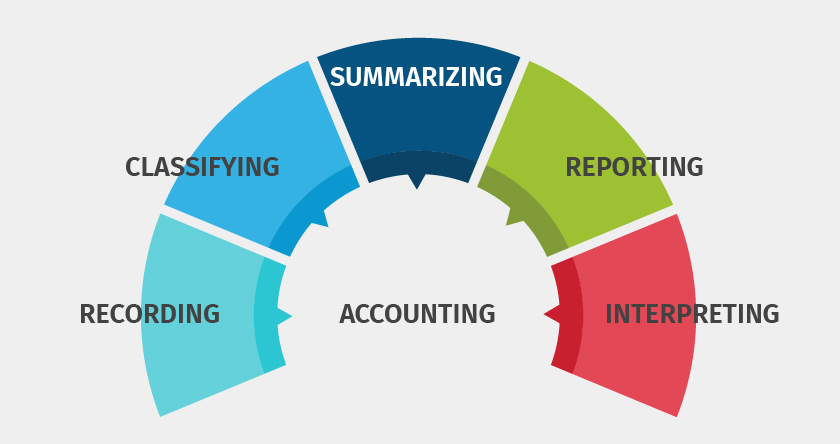Accounting or accountancy is a method of measurement, interpretation, and reporting of financial and other non monetary information concerning businesses and corporations. This involves the systematic documentation and control of a company’s financial transactions and activities. The information that will be obtained includes the actual amount paid or received, the number of transactions that have occurred, the status of accounts receivable and accounts payable, inventory levels, and other related information. It also involves preparing the annual statement of accounts, preparing the financial reports that are required by the government and the shareholders of a corporation, the tax records of a corporation, and preparing and issuing the corporate reports. There are also some complex accounting procedures involved.
Basically, accounting refers to the procedures followed for gathering financial information that will enable a business operator to make informed decisions in regard to the conduct of business. A group of accountants may be employed to perform this task. The scope of accounting is broad and covers all the financial aspects of a business. Some of its various aspects are: financial reporting, corporate accounting, bookkeeping, budgeting, hedging, equity issues, management reporting, internal control, and measurement. There are many types of accounting that are used by business owners and managers:
Financial reporting is an essential part of accounting. It is usually done by accountants in reports that are sent to executives, officers, or shareholders. Financial reporting is one of the main uses of accountants. There are different forms that are commonly used to make financial reports such as: Statement of Income, statement of Operations, balance sheet, and statement of cash flow. Other popular accounting functions include: tax preparation, estate planning, management reporting, reconciliation, and international accounting.
Corporate accounting refers to the procedure by which accounting information is used to make strategic decisions about the business. It involves organizing, planning, and controlling the business and all its activities. It usually involves many different transactions and financial aspects such as: funding, asset management, investing, selling, and working capital. Other popular accounting functions used by accountants are: internal control, fraud management, government control, tax preparation, and insurance.
Bookkeeping is an essential part of accounting. It involves the collection, interpretation, preparation, management, and reporting of financial transactions. It includes both single and multiple entity accounting. Single entity accounting involves a single record of financial transactions and may include information technology transactions, labor and payroll, property and casualty sales, transportation, purchases, re-selling, inventory, tax payments, and banking or other banking transactions. Multiple entity accounting involves multiple records for reporting, assurance, and assurance regarding the accounting transactions.
Accountancy has several divisions including: financial accounting, business transactions, information systems, management accounting, and internal auditing. These branches depend on the accountant’s training and experience. An accountant can specialize in any of these areas and focus on specific skills such as: internal auditing, assurance, or audit support services. The accountant who specializes in one area can actually perform many other duties related to the accounting process.




